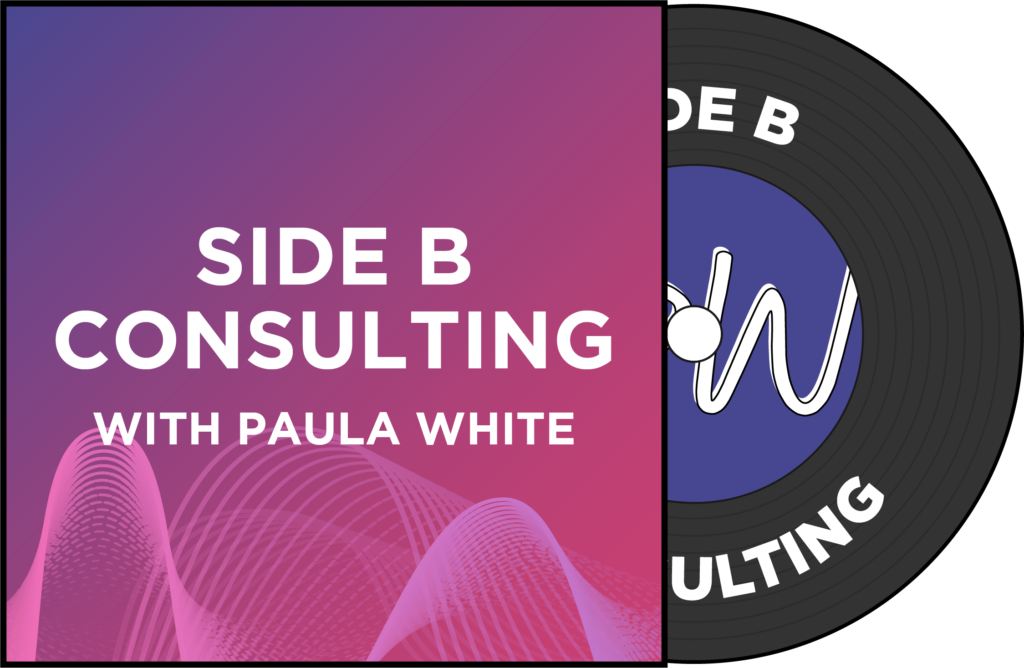To be fully transparent and honest, having a musical memory is what helped me get through school having dyslexia. Yes, it was challenging at first, it was hard to read, I could not concentrate, and not able to keep up with others; however, in the seventh grade, my parents helped me understand that it didn’t make me weak, it made me unique, and explained that my brain only worked differently.
From that point on, I knew what I had to do to succeed; I had to push myself, like I did in the pool. I found that when listening to the radio, I was better at memorizing words, ideas, and thoughts.
Therefore, I began to use that rhythmic beat to help me be better at memorization. Music was helping me with tests and knocking down any obstacles that hindered me in school. I found my brain would think twice as fast as the words coming from my mouth, until I started to think of them like a song. I could confuse those around me, especially if I was under pressure.
It was teachers, like Mr. Phillips, that would sit me down and wait, until I could collect my thoughts and put them together. That patience was vital to my success in school and now in business.
Today, people with dyslexia are learning more how to excel and shape their thoughts than before. For me, I only knew it as a “reading problem” until my grandfather, who was also dyslexic, told me that I could accomplish anything because no one could push me harder than myself – that was part of its power! If they tried, I became very confused, frustrated, and disengaged, until I listened to music to collect and organize my thoughts.
In business, being dyslexic is my strength, my superpower! – yet I tried to hide it from so many. What I didn’t realize, until just recently, was that being dyslexic made me a strong leader and a strong woman. I was able to think differently than others, look at business from a new perspective; yet I was having trouble expressing it in a way that leaders could understand me.
Patience is not really a trademark in leadership and I didn’t want to be seen as weak or unfocused. There were a few leaders and peers who truly knew me who, for some reason, understood my thoughts worked faster than my speaking and let me talk until the words finally caught up. That, to me, was true leadership and I thank them for that!
As a business leader, the environment is different. I didn’t have tests or quizzes to remember; however, I was responsible for presenting business plans and concepts to leaders and with each promotion I had to start over and remind myself that being dyslexic is ok. I would prepare presentations with ideas to grow our department and use quotes and words from industry experts to help get my point across. These were my triggers and truly only made sense to me. It was up to me to speak about it and share my knowledge.
Unfortunately, there was not always enough time for the presentation and I was asked to send the presentation over to the leaders. At one point, I was even told that anyone could use other people’s words in a presentation, but that didn’t make it “a plan”. That is when I simply asked, “May I walk you through it?” During the conversation, I spoke with clarity using my “learned” techniques to slow my thoughts down, and use my slides as a composition to put my brain into a rhythm.
Dyslexia is often thought of as only a mixing of words and numbers; however, it is so much more, it has an audible, sensory and anxiety component that is complex. That is why music is a fascinating tool for memory; when the music is playing in my mind, I am much more focused, clear, and creative. I become driven to execute and passionate to help others. Therefore, as an extraordinary leader, I remind you, that up to 20% of the population has dyslexia and having one of them on your team is a
gift. Give them the opportunity to be a part of your organization, make time to slow down and listen. It is within the music that I find my strength!
Turn up the tunes and don’t miss a beat by subscribing to my newsletter!


